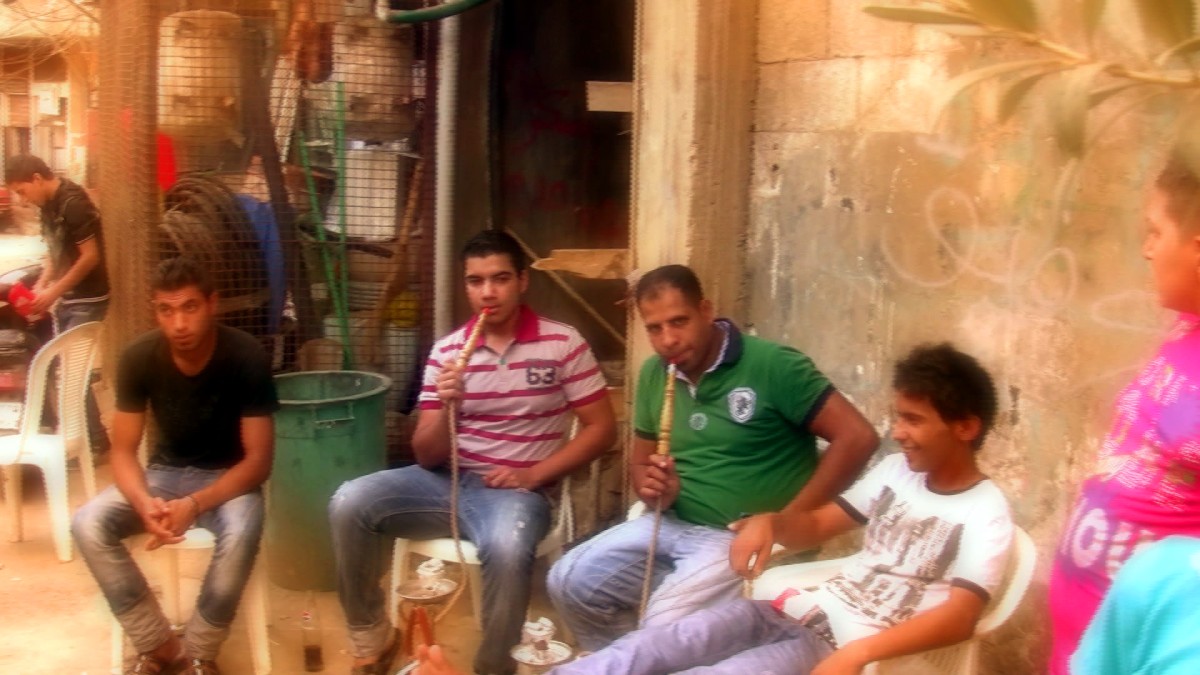
Wilfried Agricola de Cologne (Germany) – Shatila-Lost Island, 2016, 20:00
“It was a wonderful sunny afternoon, time for dreaming when my Palestinian guide catched me from the hotel in downtown Beirut. We were riding with his car about a quater of an hour but after a while the car was swimming in a kind of mysterious fog like a boat in the sea when suddenly the gate of an Arab town appeared from nowhere. Entering this gate I was entering a forgotten, enchanted world, happy and very sad alike crowded with people who seems to live in an ancient and contemporary world at the same time. They call it camp, but aren’t we all living in camps.”
Shatila –
that’s the name of this place. Seperated from the metropolitan area of Beirut, but at the same time in its center, but invisible to those who do not know, and for those who know a kind of “tabu” is speading the message of not existing.
Errected as a Palestinian refugee camp in Beirut in 1949, its actual purpose was to give Palestinian refugees – expelled from their home land Palestine a temporary shelter – lasting probably in the beginning just for a few months, to be later prolonged for some years, but since many years, however, for permanent. After nearly 70 years, still provisional and only for humanitarian reason tolerated by the Lebanese, the camp developped to a real Arab town – but an island of no return within the community of Beirut – where generations of Palestinians – followers of the first refugees – eke out their existance as “unwanted” – as eternal refugees – without any perspectives for a future.
People forgot its existance so that Shatila and its inhabitans became during the past decades invisble, until 2012 people remembered Shatila – this fogotten island – as an ideal shelter for refugees escaping from the Syrian civil war (which is since then escalating in a most horrible way).
While until his dead the Palestinian leader Yasser Arafat represented the only hope for these Palestinian refugees living in camps in and outside Palestine, after his death 2004, however, it was Bashar al Assad, the current Syrian dictator who took over this role but waging since many years a war against his own people with terror and death, causing since 2012 hundreds of thousands of Syrians to escape to Lebanon. Once the only hope for the Palestinians, Assad, is standing now for the abolute despair and hopelessness. How quickly Shatila turned again to that forgotten and invisble area – an island – located in the middle of metropolitan Beirut.
Agricola de Cologne
is an internationally reknown media artist, new media curator and director of artvideoKOELN international (editor of Collective Trauma Film Collections).
